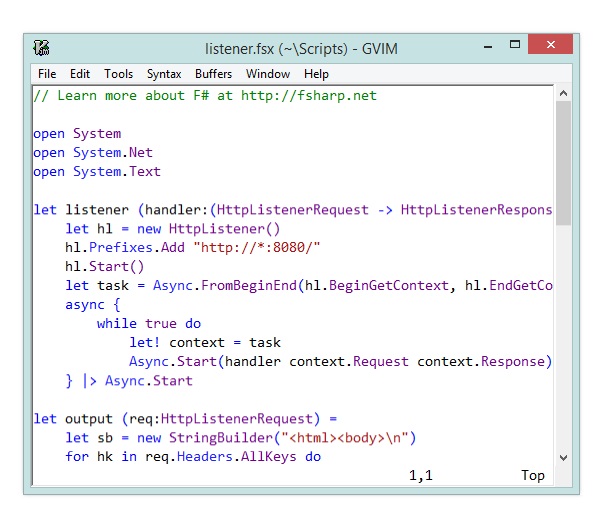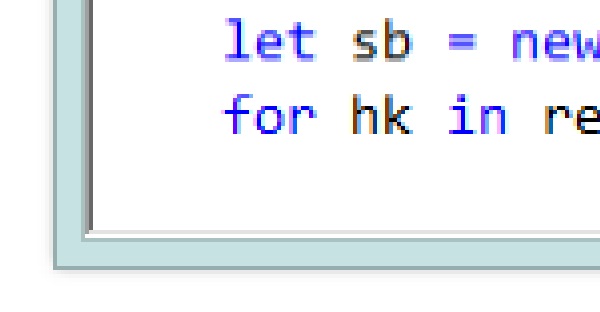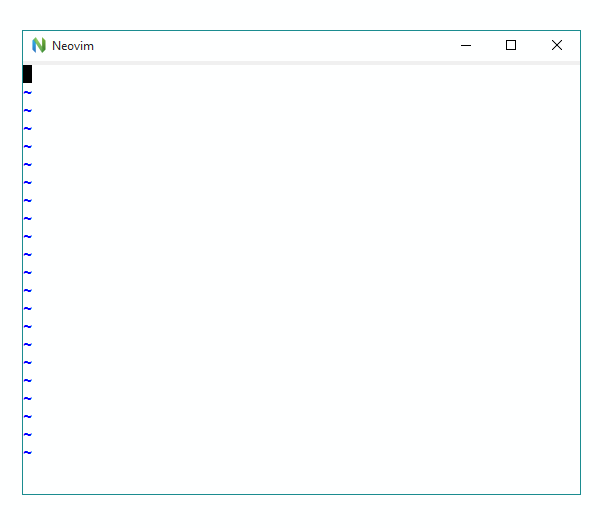
I have been using Vim on Windows since I switched to 64-bit and edit.com stopped working. Originally I just used the console version inside of PowerShell or the standard command line. In the last three years I’ve been favouring Gvim as my go-to text editor for smaller scripts and utilities.
I know for a fact I’m not using everything Gvim or Vim has to offer, but I’m quite happy with the way it works. For example, I have line numbers turned off, but I can turn them on very easily using a quick :set nu.
Very powerful, very fast.
There are some things I absolutely hate though. For starters, what’s this horrible border on the inside of the window, and how can I make it disappear without hacking the whole application and recompiling it? This isn’t Windows 95.

I’ve looked for some time but I haven’t found a solution. But hey, I found out that people can make it look pretty on Ubuntu (handy!)
Enter Neovim
Neovim promises to be a refactoring (and reimagining) of the Vim text editor using more modern techniques. The plan is to have the core Vim functionality moved into a new library, which will allow the interfaces to be separated out in a modular way.
The thing that got me really interested? When they mentioned Windows:
Modern GUIs written in high-level programming languages that integrate better with the operating system. We can have GUIs written using C#/WPF on Windows or Ruby/Cocoa on OS X, for example.
True they’re not saying they will write a GUI using C# & WPF, but someone can. And I like the sound of that. Of course, it’ll be open source – and I’ll be able to edit the XAML to have no borders at all, if I like.
Also, here’s hoping we get better PowerShell integration out of this too.
It could be huge.
So, will Neovim rock on Windows? I sure hope so.
Update
I always keep an eye on the Neovim project and recently I though I’d try out the Neovim-QT frontend which actually builds for Windows. Purely from an aesthetic point of view, I think it’s awesome already. But even now (over a year after this original post) there is a long way to go.
